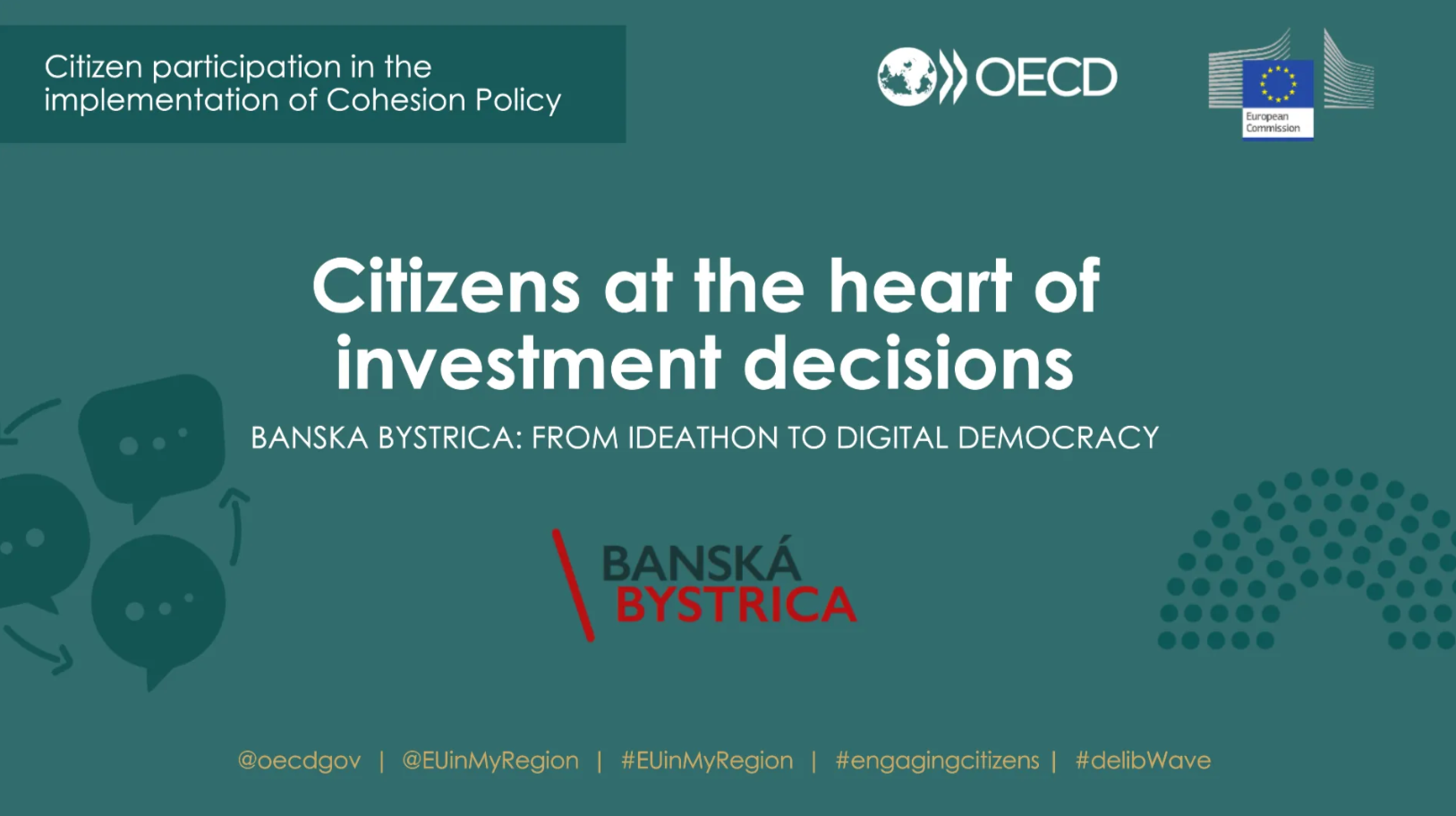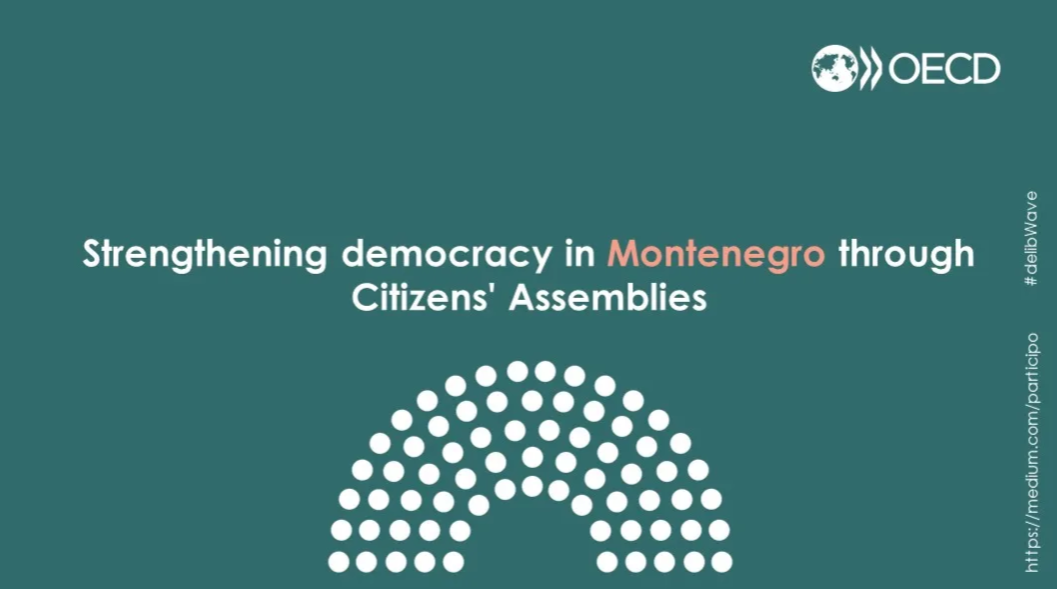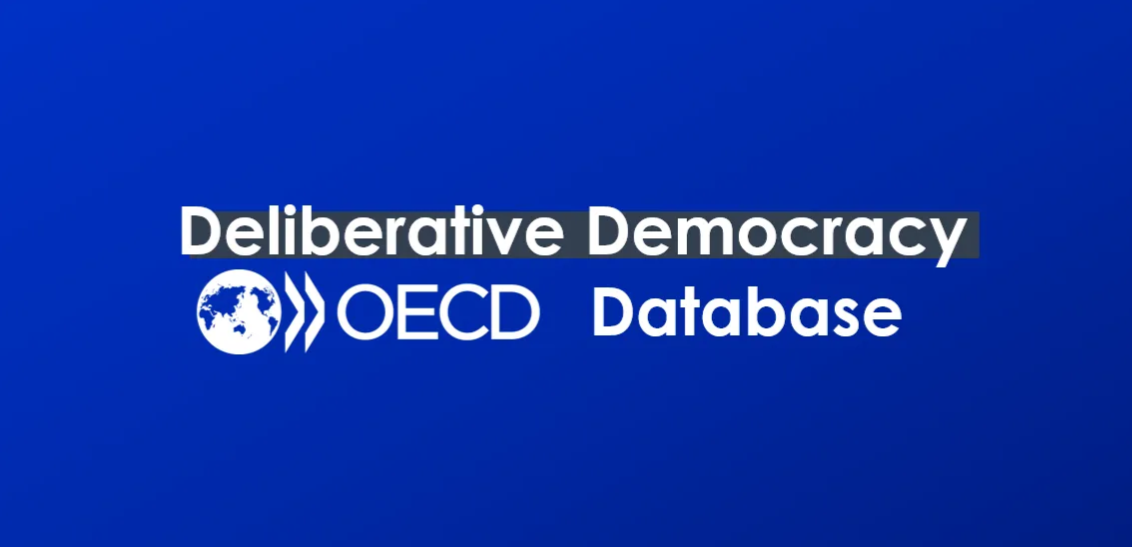Open government policies and practices are widely recognised as important avenues to reinforcing democracy and strengthening trust in public institutions. OECD Trust Survey data confirms that open government is a key driver of citizens’ confidence in their government. People who have a feel that they have a say in what the government does report higher trust in government. This highlights that governments must do better in both giving and responding to the voice of people to meet evolving expectations.
Open government and citizen participation
The case for action to strengthen our democracies is clear: lower voter turnout in many countries, diminishing trust, greater political polarisation, and larger groups disassociating themselves from traditional democratic processes are testing our institutions and hindering governments’ ability to effect positive change for citizens. Our work on open government looks at how governments ensure the inclusion, quality and impact of participatory processes to enable all citizens and stakeholders to influence government activities and decision making and actively participate in the public life.

Key messages
Transparency and access to information are core principles of open government. Globally recognised as a catalyst for good governance, transparency is a lever for representation and strengthening citizens’ trust in public institutions. Access to information (ATI) is recognised as a fundamental human right that enables citizens and stakeholders to be informed of and exercise their other rights. This right is operationalised through ATI laws, which have witnessed a remarkable 75% increase in adoption over the past two decades. However, more efforts are needed on the implementation side to fully reap its benefits, alongside ongoing monitoring and evaluation to adapt to both longstanding and emerging challenges. For instance, there is currently a growing need for governments to find a balance between access to information and the right to privacy and personal data protection, with neither being compromised or restricted, and to review institutional arrangements to identify synergies and ensure a coordinated approach. Our work on transparency and access to information supports governments in reinforcing democracy, ensure inclusive societies and strengthening trust in institutions.
Civic space is a cornerstone of functioning democracies. It encompasses the essential conditions that enable or hinder non-governmental actors to engage in public life, including to access information, express themselves, associate and organise. Maintaining a healthy civic space, both on- and offline, is a prerequisite for good governance and democracy. Countries that foster civic space at both the national and local levels are better placed to reap the many benefits of enhanced citizen engagement, strengthened transparency and accountability, and empowered citizens and civil society.
Few people see opportunities to participate in policymaking. In a 2021 survey of OECD countries, only 38% of citizens expect that their government would improve a poorly performing service or implement an innovative idea, and only 30% of people feel they can have a voice in what the government does. It is imperative for governments to enhance citizen voices in policymaking as a vehicle for promoting democratic values, ensuring the representation of diverse perspectives, fostering transparency and enhancing legitimacy of decisions. Governments must build on their democratic strengths to enhance policies that make citizen and stakeholder participation an integral part of policy design, implementation and monitoring at all levels of government.
Context
Perceptions of opportunities to influence local decisions, 2021
Promoting citizens’ active participation in policymaking and transparent decision making is often more effective at the local level. According to the OECD Trust Survey about 41% of people in OECD countries believe that they could have a say in community decisions that affect their local area.
Perceptions of responsiveness to public complaints, 2021
In addition to being able to voice concerns, people need to feel these concerns will be heard and addressed, especially when they have a direct effect on their lives, such as in the provision and quality of public services. On average, in OECD countries, only 40.2% of people find it likely that a public service would be improved if many people complained about it.
Blog series: New Frontiers of Citizen Participation
-
 23 September 2024
23 September 2024 -
 External blog18 September 2024
External blog18 September 2024 -
 18 September 2024
18 September 2024 -
 17 September 2024
17 September 2024 -
 17 September 2024
17 September 2024
Related publications
Latest insights
-
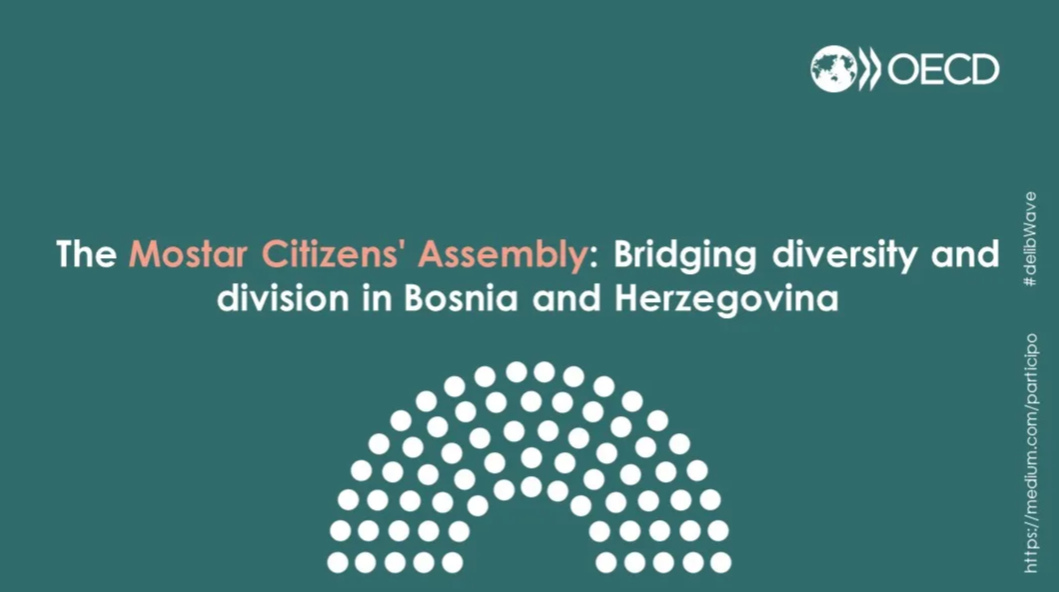 medium.com24 January 2024
medium.com24 January 2024 -
 medium.com15 December 2023
medium.com15 December 2023 -
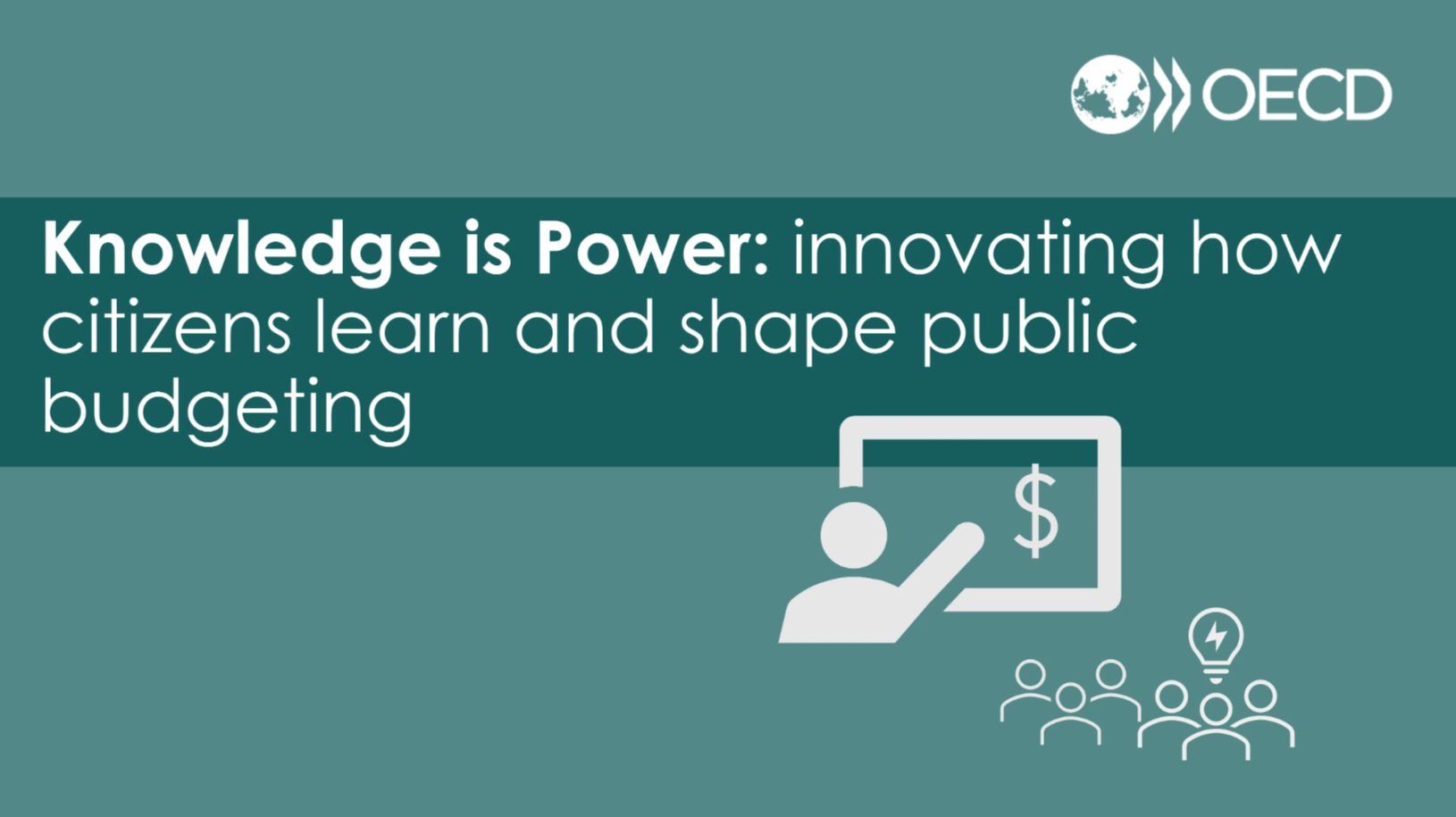 medium.com5 November 2023
medium.com5 November 2023
-
Civic space is a cornerstone of functioning democracies. Defined as the set of conditions non-governmental actors need to participate in public life, a thriving civic space emerges through the combined efforts of a range of actors, including governments, line ministries, public institutions, and civil society.Learn more
-
Citizens must have a say in the decisions that affect them. Inclusive and impactful participation not only enriches the policymaking process by incorporating diverse views and harnessing collective knowledge, but also strengthens public understanding of outcomes, promotes policy uptake, and reinforces trust in public institutions. It is essential to institutionalise participatory and deliberative processes and better articulate them with representative democracies.Learn more
-
The impact of years of health, geopolitical and economic crises have heightened the urgency for governments to ensure accurate and timely information exchange and reconnect with citizens. Yet, amidst the challenges posed by an increasingly complex information environment, governments also find themselves presented with new avenues for public communication, stemming from the digital transformation.Learn more
-
Societal upheavals such as population ageing, digitalisation, rising inequalities, and climate change bring about profound uncertainties for young people and future generations. Despite unparalleled access to information, education, and technology, trust among young people in government is low amidst new threats to the resilience of democratic institutions.Learn more
-
Good Practice Principles for Deliberative ProcessesLearn more
-
Countries face a crisis of trust which becomes increasingly concerning amid economic downturns, health emergencies and other crises. Since democracies require citizen trust in government to function effectively, the OECD Trust Survey provides governments with the data, tools and solutions necessary to assess trust in public institutions, understand long-term trends and enable them to take direct policy action, targeted at the root causes of low trust.Learn more
-
The spread of false and misleading information poses significant risks to the well-being of people and society. While such content is not necessarily illegal, it can contribute to polarisation, jeopardise the implementation of policies, and undermine trust in democratic institutions and processes. Action is required to strengthen the integrity of information spaces to protect freedom of expression and democratic engagement.Learn more
-
Rule of Law and access to justice play crucial role in restoring trust, ensuring respect of democratic values and supporting an inclusive recovery. Citizens expect equal access to justice, in line with the Riga Justice Agenda, which focused on developing an integrated and interdisciplinary justice response to present and future global crises. The key role of access to justice is recognised to enable democracies to deliver on people’s expectations, as improving access to justice is a key part of accessible government, in line with the SDG Agenda to leave no one behind.Learn more










